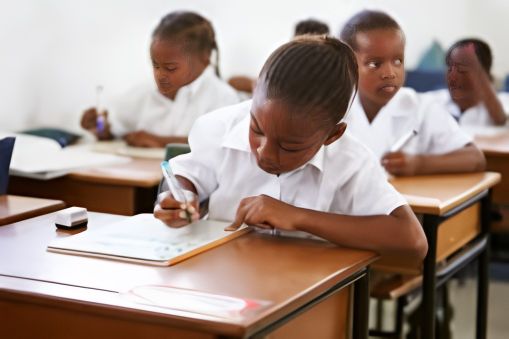FG Sets 12-Year Entry Age for Junior Secondary Schools

The Federal Ministry of Education has rolled out a new national policy stipulating that only pupils who have attained the age of 12 and completed six years of primary education will be eligible for admission into Junior Secondary School (JSS1), particularly in Non-State educational institutions.

The new guideline, as contained in an official policy document obtained by The PUNCH, outlines the framework for basic education in Nigeria, comprising three years of nursery education, six years of primary education, and three years of junior secondary school.


According to the policy, “Children shall be admitted into Nursery One when they attain the age of three years, Nursery Two at four, and then proceed to a year of compulsory pre-primary education (Kindergarten) at the age of five.” Thereafter, they are to begin Primary One at six years and move to JSS1 at approximately twelve years of age.
This policy, if strictly implemented, implies that Nigerian students will typically not be eligible to gain admission into tertiary institutions before the age of 18, an issue that recently sparked public debate over minimum age requirements for universities and polytechnics across the country.

The document further emphasizes the growing influence of Non-State Schools, commonly referred to as private or independent schools, within Nigeria’s educational ecosystem. These institutions, not managed by government authorities, have recorded significant growth over recent years.
Data from the Nigeria Education Digest 2022 indicates that Non-State Schools now outnumber government-run schools at the Junior Secondary level in at least 26 states across the federation. At the primary school level, however, government schools still dominate in 19 states.
The growth trends between 2017 and 2022 show that Non-State primary schools increased by 31.56%, while state primary schools grew by only 3.3% during the same period. At the Junior Secondary level, Non-State schools grew by 35.06% compared to a 6.8% increase recorded by state schools.
This new policy appears to be part of a broader move by the Federal Government to harmonize age and structural requirements in Nigeria’s education system while responding to concerns over quality control, access, and regulatory oversight, especially in the rapidly expanding private education sector.

